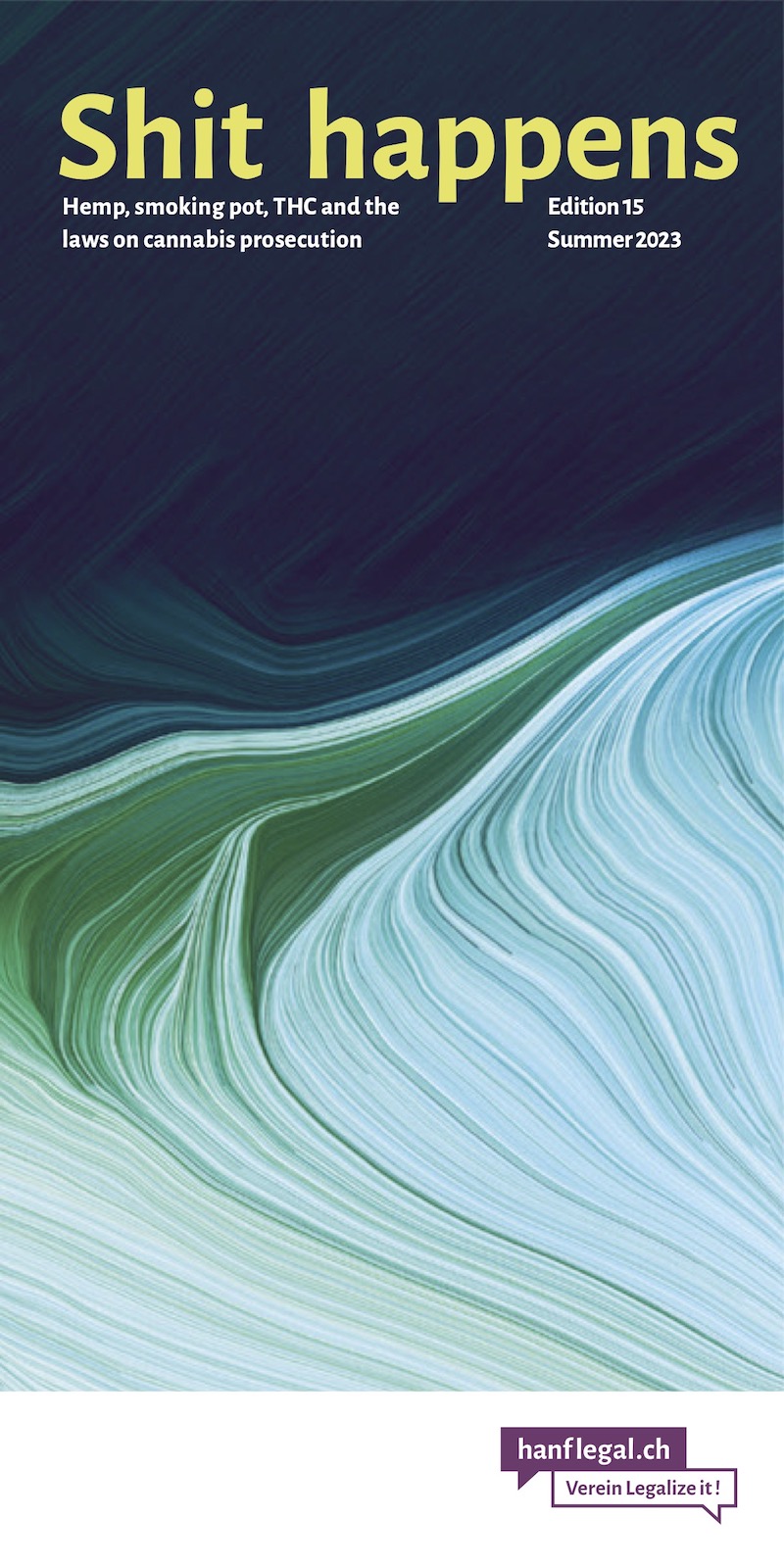- THC & Law:
A pilot project for cannabis social clubs?
Instead of a total ban, various possibilities are conceivable as to how our society could deal with THC-rich products. It is important to us that not only the state, the addiction agencies or the economy determine this, but also the consumers.
A door is opened
With the entry into force of the bill on pilot projects, the scope for experimentation may open up a bit. Various ideas are already circulating in the media on how such pilot projects could be implemented. Politicians, cities and addiction associations have already spun out over-regulated ideas. The consumers, i.e. we who are actually affected, are mostly reduced to the object of investigation.
How do we design this space?
But what do we want? What could be a first scenario that could also be implemented in reality? And what could be possible questions of such a study?
The question of what we want as users is answered quickly and simply: safe, legal and inexpensive access to products containing THC. In Switzerland, most users obtain their cannabis from acquaintances without having to pay for it. Those who use regularly pay for it. Only a few obtain it through the street or even grow it themselves. The latter, however, supply the Swiss market for the most part. So why a complex study with elaborate distribution management via pharmacies or “dispensaries”? And let's be honest, who voluntarily gets his cannabis from a pharmacy like a junkie gets methadone? We don't want “Fixerstübli”. We simply want a place where people can meet with friends, consume and have fun. Ideally with infrastructure to grow your own. In other words, a Cannabis Social Club. This is a model project that was proposed by the European organization ENCOD in 2005 and is already being implemented successfully, especially in Spain.
The following rules must be observed:
⇒ The infrastructure is financed by membership fees.
⇒ Cultivation, transport, distribution and consumption are controlled.
⇒ Passing on to outsiders is not permitted.
⇒ There is usually a club venue with seating, entertainment, and a bar where non-alcoholic beverages can be consumed.
⇒ For reasons of economy and control, cultivation takes place in a larger secured cultivation room. Experienced club members take care of growing the plants. Those who don't have green thumbs help with harvesting, storage, packaging, and distribution.
Would such an approach be possible?
If we look at the draft regulation, a scientifically supervised cannabis social club would be quite possible in a very limited setting.
However, the participants would have to commit to playing guinea pigs and would probably have to undergo medical examinations several times.
Not everyone would be able to participate, as the authorities would probably define strict criteria for participation. For example, people with a previous mental illness would not be allowed to participate.
Interested persons who have to drive motor vehicles professionally would probably also be excluded.
Association Legalize it! with first legal cannabis social club?
Participants in the association Legalize it! would have the necessary knowledge and experience to run such a club. There would be many exciting questions that could be scientifically investigated within the framework of such a pilot project:
What effects does access to controlled cannabis have on users? How can such a club be financed and organized? What about the acceptance of such a model among the Swiss population? Can the users themselves run such clubs (personal responsibility)? Can a positive consumption culture be developed (reflected consumption)? Can the forms of consumption be made less harmful (smoking / vaporizing / eating)? Are hemp varieties with lower THC content also accepted?
Should we tackle something like this?
At the moment, it's just a nice idea that's floating around. But such a project with the association Legalize it! as the driving force would be a good way to show society that there are working alternatives to the current drug policy.
What do you think?
Please give us some feedback: Do you think this makes sense? Would you want to get involved in this?
Specifically, members of us would have to approach interested cities. These are the ones who have been most adamant about such experiments. Together with them, a realization would be most feasible. This is because the application for a corresponding exemption from the FOPH will require a lot of work: A comprehensive study design is needed.
⇒ First, the definitive ordinance of the Federal Council must now be issued. Until then, we should consider whether and how we want to approach a participation trial.
Support our work with a donation:
Bank transfer
Account number (IBAN):
CH02 0900 0000 8709 1354 3
Full account details
Or scan this QR code with your eBanking App (ZKB, Revolut, Postfinance, …):

Or open/share the QR code as PDF file with your eBanking App.
Credit card
Donate via credit card
Verein Legalize it!
Quellenstrasse 25
8005 Zürich
Threema ID 7NH65RBY
Don’t miss anything! Follow us on social media:
